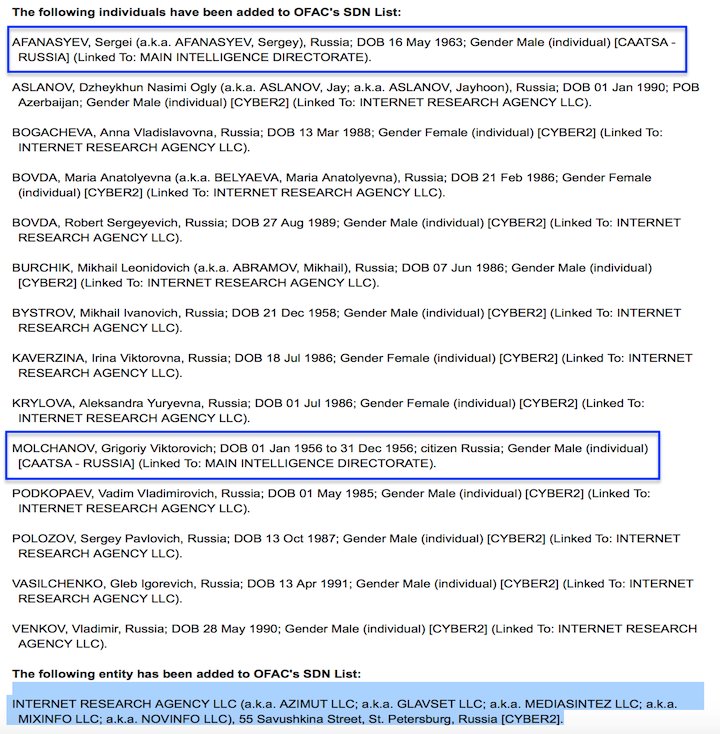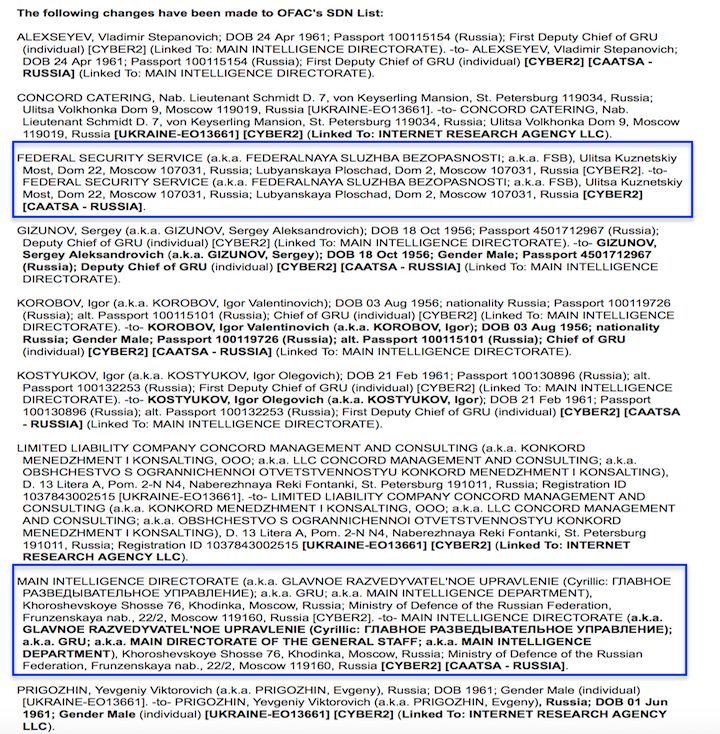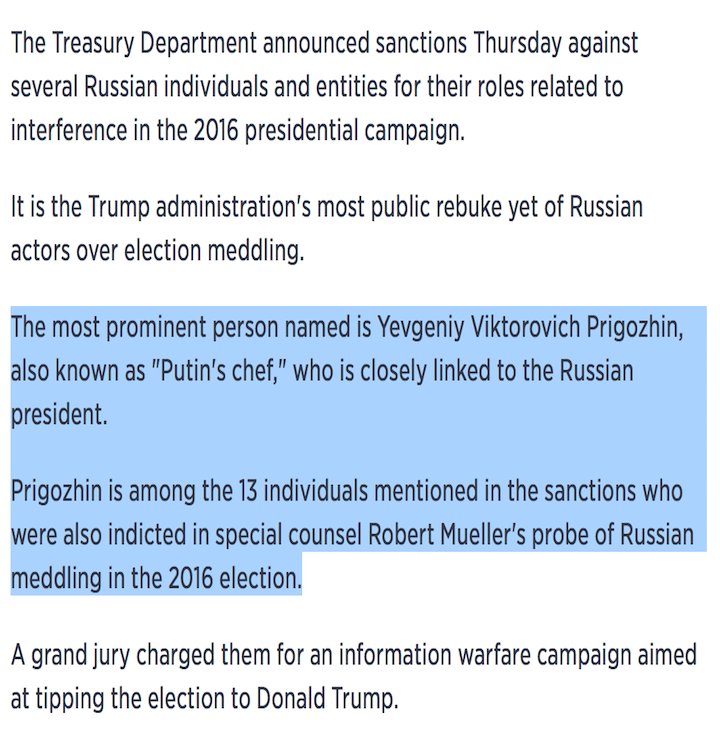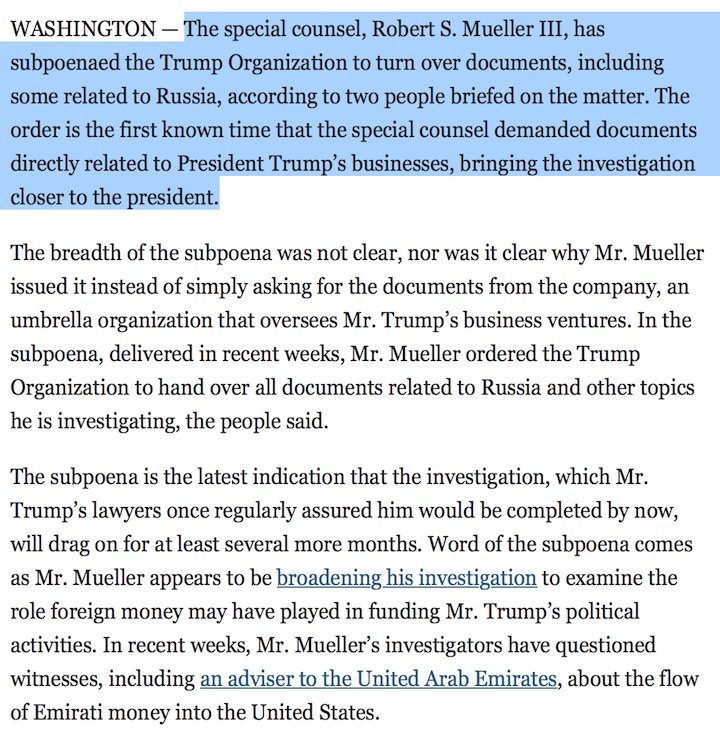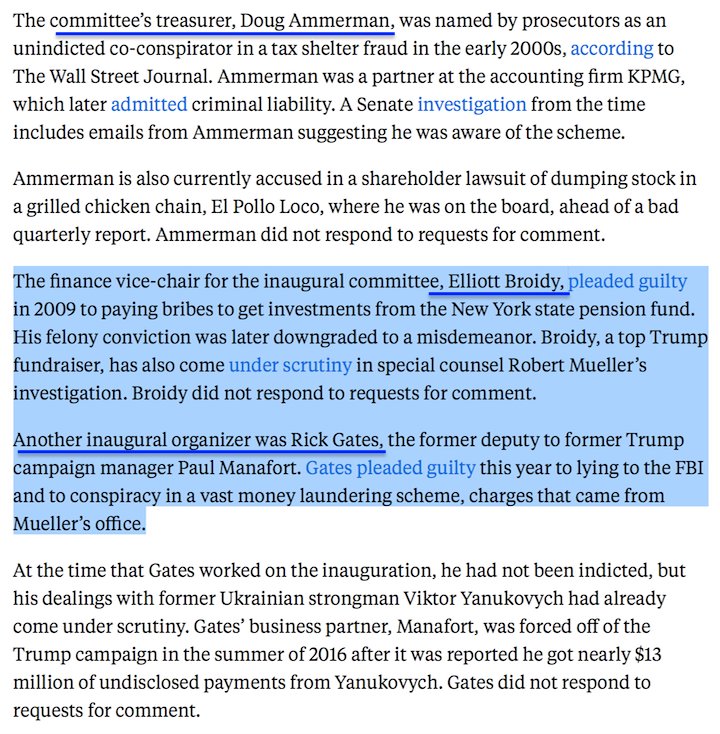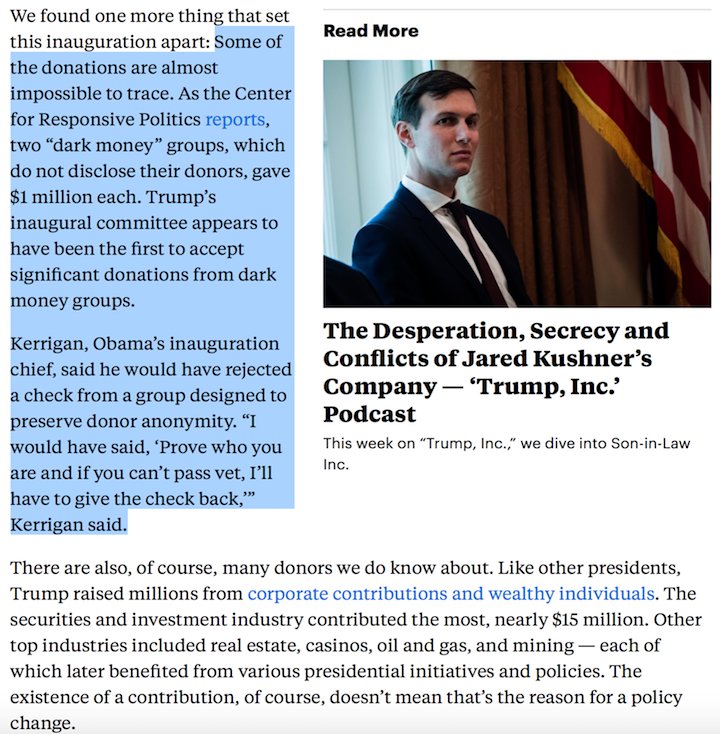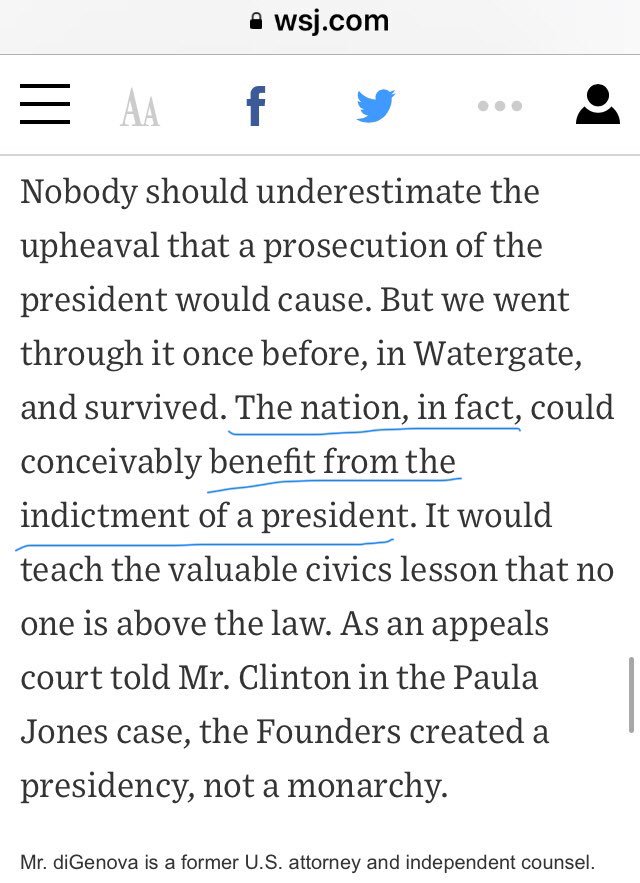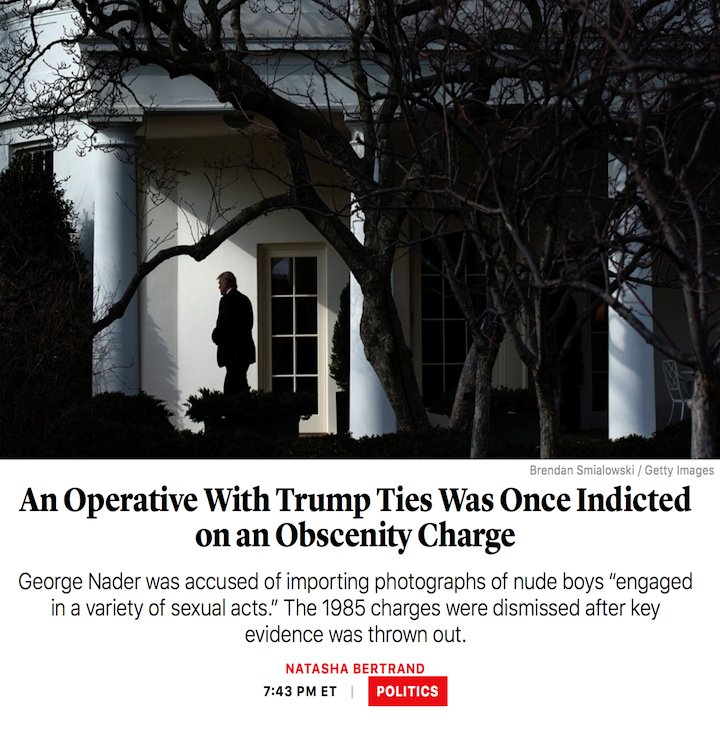Two controversial GOP fundraisers duking it out in courtBy Kevin G. Hall And Ben Wieder
khall@mcclatchydc.com bwieder@mcclatchydc.comWASHINGTON
This screenshot of a social-media posting in August 2014 by California GOP fundraiser Yuri Vanetik (second from left) shows him with fellow fundraiser Elliott Broidy (second from right) and President George W. Bush. Broidy and Vanetik are now engaged in a nasty civil fraud lawsuit.
This screenshot of a social-media posting in August 2014 by California GOP fundraiser Yuri Vanetik (second from left) shows him with fellow fundraiser Elliott Broidy (second from right) and President George W. Bush. Broidy and Vanetik are now engaged in a nasty civil fraud lawsuit.
Call it the oil well that didn’t end well.
On one side of a bitter, long-running civil lawsuit over a failed Russian oilfield investment is Elliott Broidy, a top Trump fundraiser who faces questions raised by McClatchy and other news outlets about his work in Romania and with the United Arab Emirates, and about a possible contract to persuade the Justice Department to drop a probe involving Malaysia’s prime minister.
In spite of that, Broidy co-hosted an event in Beverly Hills Tuesday night that was projected to bring in $5 million for Trump and the Republican National Committee.
On the other is Yuri Vanetik, a Zelig-like Soviet émigré who has misrepresented his academic credentials, may have run afoul of foreign agent registration requirements when he took politicians from Ukraine and Georgia to a series of meetings on Capitol Hill and, with his father, has been ordered by the courts to pay at least $8 million in civil fraud judgments.
Yet Vanetik is frequently photographed with the Republican elite, including House Majority Leader Kevin McCarthy, former House Speaker Newt Gingrich and former President George W. Bush.
The escalating legal fight between the two Californians in the upper echelons of GOP fundraising sheds light on the network of shady characters – and shell companies – they did business with in connection with the oil deal. And it underscores the checkered pasts of both men, pasts that seem to have either been missed or ignored by politicians and rainmakers in the Republican Party.
Broidy, in fact, outdoes Vanetik when it comes to run-ins with the law.
He admitted in 2009 that he had paid nearly $1 million in bribes to pension officials in New York state in exchange for their investment with his Israel-focused Markstone Capital fund. His company was forced to forfeit $18 million in management fees, and Broidy avoided prison time by giving prosecutors information on the recipients of his payments.
He re-emerged during the 2016 presidential election as a top fundraiser for several Republican candidates and was named deputy finance chair for the RNC. A McClatchy investigation in February revealed that he’s now running a defense company and brought a Romanian politician facing corruption charges at home to President Trump’s inauguration, months before Broidy’s firm opened up shop in Romania. Subsequent reporting by the New York Times showed that the defense company has won contracts in the United Arab Emirates and that Broidy has advocated to the Trump administration on behalf of officials there.
yuri-broidy2
This social media posting from 2012 shows California GOP fundraisers Yuri Vanetik (far left) and Elliott Broidy (second from left) together with Republican Rep. Ed Royce (far right). Broidy and Vanetik are now fighting each other in a nasty civil fraud suit playing out in Golden State courts.
The contentious legal action brought by Broidy against his friend Vanetik has played out under the radar, in part because it is unfolding in the California state court system, where many records are not easily accessible online.
Broidy said that he was the victim of an elaborate scheme carried out by the Vanetiks.
"As a jury unanimously determined, Yuri Vanetik and his father Anatoly defrauded me in a sham deal about a supposed energy-related investment, which included shell companies created and/or operated by the Vanetiks, the collection of which was determined by the court to be a fraudulent scheme,” Broidy said.
Vanetik and his lawyer did not respond to requests for comment.
Friendship leads to litigation
Documents filed with California’s 4th Circuit Court of Appeals tell the sordid story behind a Russian oil deal gone wrong.
In an email on Dec. 7, 2010, Vanetik told Broidy — his friend of about eight years — he’d just been appointed to the board of a company that had a bombshell oil project: A deal to unlock and tap oil on 85,000 acres in the southwestern Russian republic of Kalmykia. Reserves on the land were estimated to be worth $11 billion.
The company, Terra Resources PLC — which, it turned out, had been set up by Vanetik and his father — needed more board members, Vanetik said. “Any recommendations?” he asked Broidy.
Broidy wound up investing $750,000 in the venture to help unlock the oil wells on the land. Even as he awaited sentencing in the New York pension case, he sank money into the Russian oil field, sending the funds to a Vanetik-controlled Nevada limited liability company, KLEL Funds LLC.
Broidy purchased his shares using an IRA that was administered by a trustee, Farmers Merchant and Trust Co.
Both Broidy and the Vanetiks are frequent users of shell companies, often limited liability corporations that partially shield them from litigation and afford them greater anonymity. According to records revealed in a 2016 court motion, the Vanetiks together or separately were officers or managers of 37 corporations or limited liability companies, most with a revoked status for nonpayment of taxes and fees; only eight were active as of that summer. One of them allegedly was formed to own luxury cars that both Vanetiks drive.
As far as Broidy knew, the project was on track. But less than a year after he bought in, Terra’s custodial bank in Germany liquidated much of its stock to recover some of the debts it was owed. Terra’s remaining stock collapsed was delisted.
Broidy implored the Vanetiks to return his money for months before accepting the help of a mutual friend, Steven J. Brown, who offered to intercede. Perhaps ironically, just a year later, Brown, a movie producer with whom Broidy joined on several ventures, and two of Brown’s co-conspirators were accused in a civil suit of defrauding an investor; the trio were later criminally charged with defrauding multiple investors. While his co-defendants have pleaded guilty, Brown still faces charges of defrauding nine victims. (There’s no indication of any wrongdoing on Broidy’s part in the matter.)
Finally, Broidy filed suit.
Farmers Merchant and Trust was the named plaintiff in the civil fraud case. Besides the Vanetiks, the defendants included Richard Weed, a lawyer for both Vanetiks and a major Terra shareholder himself.
The lawsuit alleged that Broidy ponied up money to make the wells productive but instead, the Vanetiks used the money to repay past debts and to support their lifestyle. Broidy, said the suit, only later learned his money never went to the intended purposes. Yuri Vanetik had sold his own stock, Broidy alleged, and fleeced his partner.
The suit went to trial, and in November 2015 jurors ordered Vanetik and his father Anatoly, to pay $3.25 million to Farmers Merchant and Trust, which included punitive damages for fraud.
(Weed was also ordered to pay restitution. But his portion of the verdict was overturned by a judge, in a decision now being challenged by Broidy. The Securities and Exchange Commission brought fraud charges against Weed in an unrelated case with similar allegations; he was found guilty and was sentenced to four years in prison.)
screencapture-yuribroidy
This screenshot of a social-media posting in August 2014 by California GOP fundraiser Yuri Vanetik (second from left) shows him with fellow fundraiser Elliott Broidy (second from right) and President George W. Bush. Broidy and Vanetik are now engaged in a nasty civil fraud lawsuit.
The Vanetiks tried to get a new trial, an effort dismissed in mocking tone by the Judge Ronald L. Bauer, who noted their use of a series of shell companies to “insulate themselves” from their misdeeds.
“They were the artful puppeteers who masterminded the scam that relieved the plaintiff of $750,000,” the judge wrote dismissively. “That money was used to personally enrich these defendants and enable them to travel the world trolling for more big fish.”
Unable to get a retrial, the Vanetiks appealed. And that’s when the secrets really started spilling out.
In a document submitted to the court in July 2017, lawyers for the Vanetiks argued that Yuri, who had raised money for GOP presidential candidates John McCain and Mitt Romney, and who earlier in 2017 was named to the GOP’s New York state finance committee, and his father didn’t have the money to make good on the civil penalties. The lawyers said Vanetik International had $9,600 in its bank account and that Yuri had just $282 in his own account.
They also disclosed that another Vanetik-linked company, Archer Resources, owed $62,428.74 on a 2008 Bentley that Yuri Vanetik drove around California’s Orange County. Documents introduced during the appeal showed that the American Express card Vanetik used for the oil venture was also used to purchase a $57,000 watch and pay almost $6,000 to a tailor. American Express has also sued Yuri Vanetik for nonpayment of bills totaling more than $181,000.
The appeal is ongoing, with extensions of time granted just this week.
Broidy’s foreign activities have increasingly attracted attention in recent months. McClatchy reported in February that Broidy invited as his guest to President Trump’s inauguration Liviu Dragnea, a Romanian politician who was scheduled to go on trial back home for corruption just weeks later. A defense company owned by Broidy opened up shop in Romania months after inauguration, and has formed partnerships with several state entities as it seeks to win millions in government contracts there.
Soon after McClatchy’s report, the Wall Street Journal and the New York Times reported on Broidy’s possible efforts in 2017 to influence the Trump administration on behalf of Malaysia and the United Arab Emirates.
As it happens, 2017 was also the year Broidy significantly increased his campaign contributions to the Republican Party and its candidates, giving more than $500,000 to GOP candidates and committees, according to federal records, with more than half of it going to the RNC. That total was more than triple what he'd given in any previous year, when accounting for inflation.
Trail of Trouble
Vanetik’s controversial past goes beyond résumé inflation.
Several of his business associates have been jailed, including an early partner named Hiep Trinh with whom the Vanetiks were issued a desist order by the California’s Division of Corporations because of fraud concerns. Trinh later went to prison in Michigan for fraud.
Other Vanetik associates dating back decades complain they were duped by the man who today posts photos rubbing shoulders with GOP glitterati.
“My impression of him was he had this aura of wealth and connections in Eastern Europe, and that’s why were like, ‘he has some connections to power,” said Geoffrey Fiala, a director of a company incorporated in 1999 by Vanetik in Nevada called OnePoint, Inc.
“Everything I was involved in with him went south,” Fiala told McClatchy in an interview.
The company was envisioned as a dating website, with computer programmers based in Russia, Fiala said; he and other investors put in money. But, said Fiala, money that went in never resulted in a finished product, and the project fell apart around the time many tech companies cratered in 2000 and 2001. Another director confirmed Fiala’s account but declined comment.
yuri-hunter
This social media posting in April 2016 by California GOP fundraiser Yuri Vanetik shows him with now-embattled Rep. Duncan Hunter. The Justice Department in early 2018 began looking at the campaign finances of the Southern California congressman.
With that project heading to ruin, Tony Vanetik suggested another investment, a shell company that the elder Soviet émigré had invested in, according to Fiala.
“There was no upside in it, I just lost a lot of money,” he said.
Alon Stivi is another partner who walked away from the Vanetiks. His bio calls him a former member of Israel’s elite forces that fought in Lebanon, and his current security consultancy Direct Measures International includes online training in active-shooter survival. An online video shows Stivi training Yuri Vanetik in tactical fighting with an assault rifle.
During their friendship, said Stivi, Vanetik took him to Broidy’s house for dinner. Stivi got involved in GOP fundraising, and said Vanetik introduced him to Gingrich. Vanetik was on Gingrich’s finance committee in California during his failed presidential bid in 2012.
Their business ventures went less smoothly. Stivi and Vanetik partnered in 2005 on a Vanetik-registered LLC called Fearless Unlimited, Inc., said Stivi.
“He did not follow up on his promises of promoting it and funding it. It was never active,” Stivi said. “I judge an individual by what they do. I found some inconsistency at the time, he wasn’t following through. I told him he needs to come clean.”
Another reason for the break, said Stivi, is that Vanetik surrounded himself “with questionable types of Russian guys, claimed to have them as a bodyguard.” Stivi, an experienced weapons handler, said these men were not security experts.
A last straw for Stivi’s relationship with Vanetik: Stivi armored a high-end Mercedes Benz for him, only to see it sold to someone else and exported to Russia. According to Stivi, Vanetik never paid him for the work, which was featured in a luxury lifestyle magazine article posted on Stivi’s website.
“He never paid me for any of that,” Stivi said.
http://www.mcclatchydc.com/news/nation- ... 15779.html 